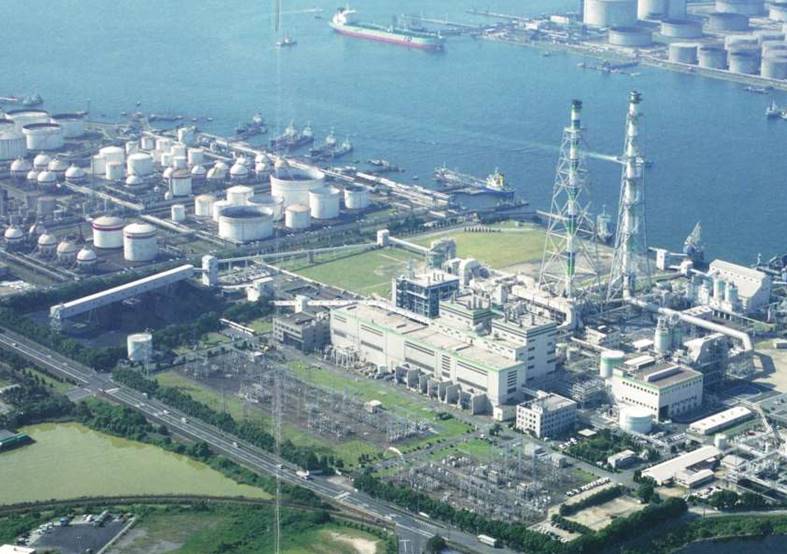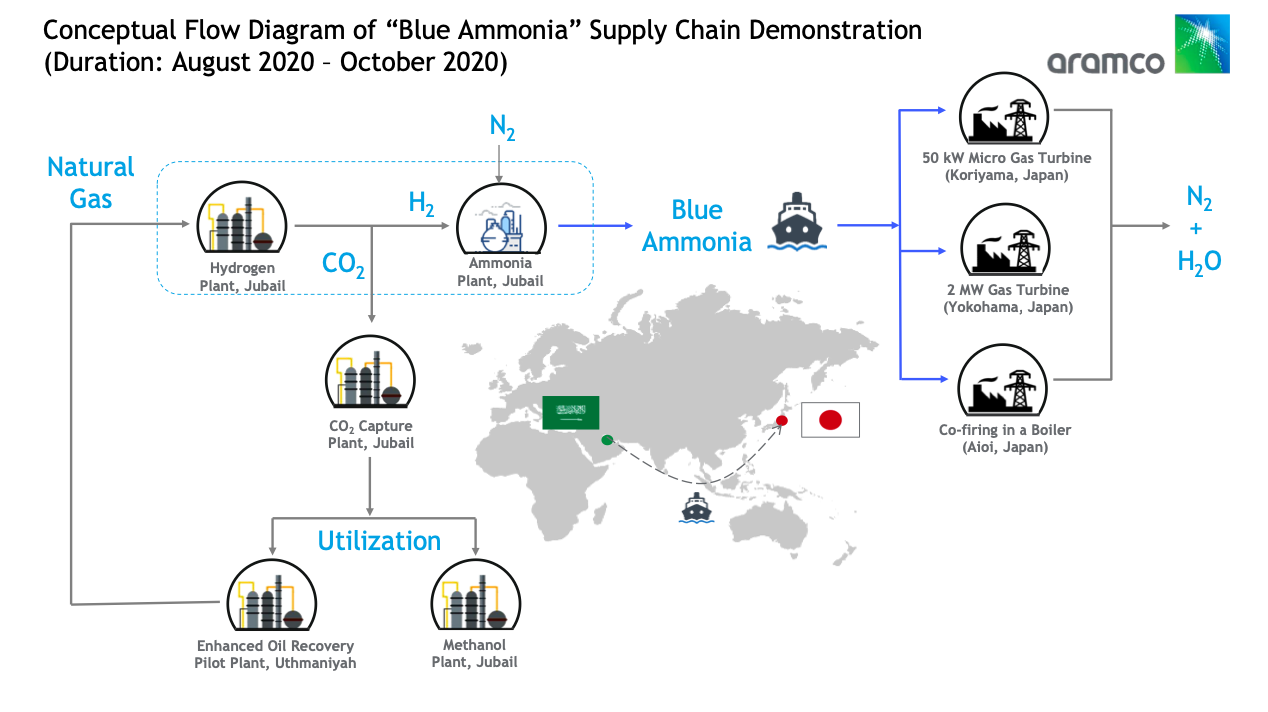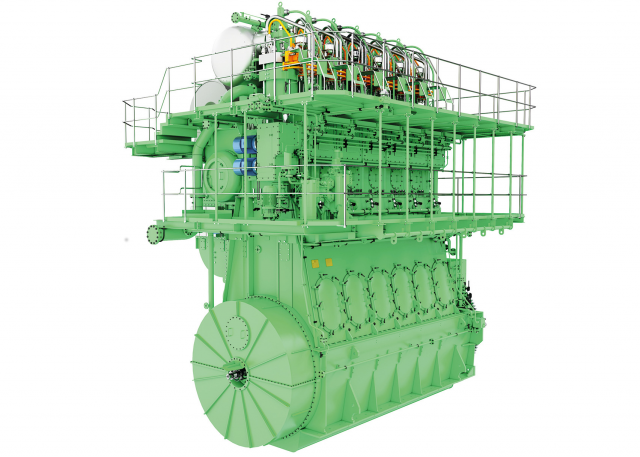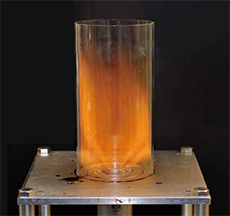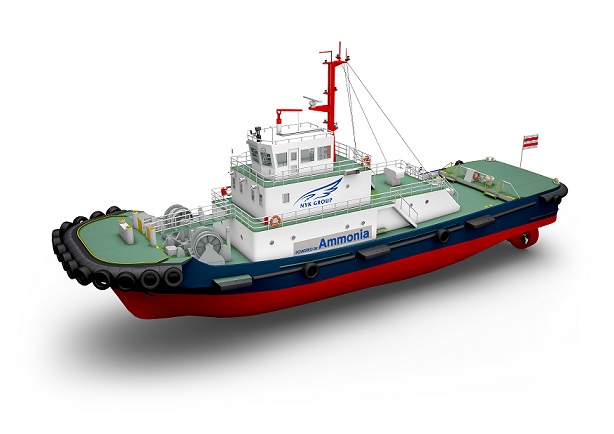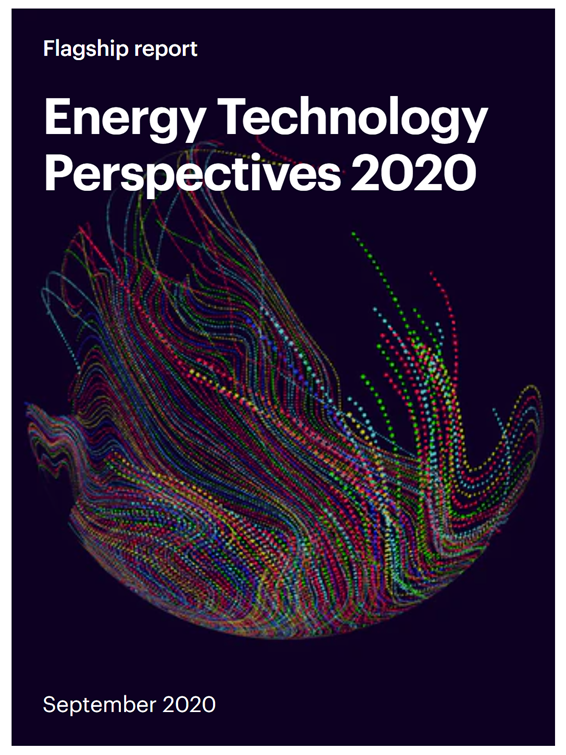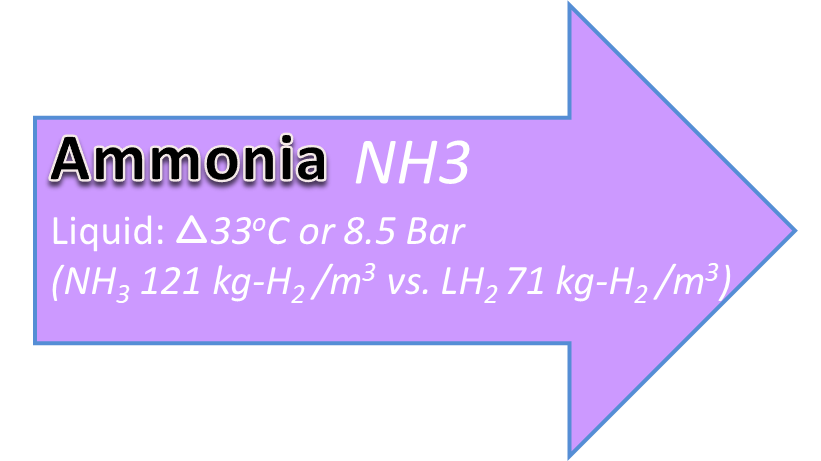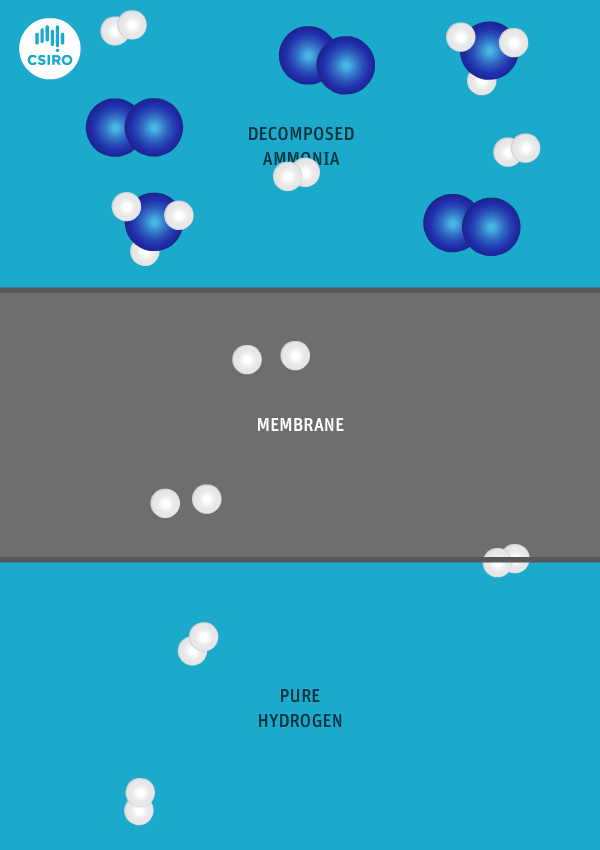A Deep Dive into SIP “Energy Carriers” Ammonia Combustion Research (second half)
From 2014 to 2018 Bunro Shiozawa served as Deputy Program Director of the SIP “Energy Carriers” initiative in Japan. Over the last year he has published a ten-part series of articles that describe and reflect on the research supported by the initiative. Part 4 covers ammonia combustion technologies. The first half of the article was posted on September 23, 2020, in Shiozawa's English translation. The second half follows.
